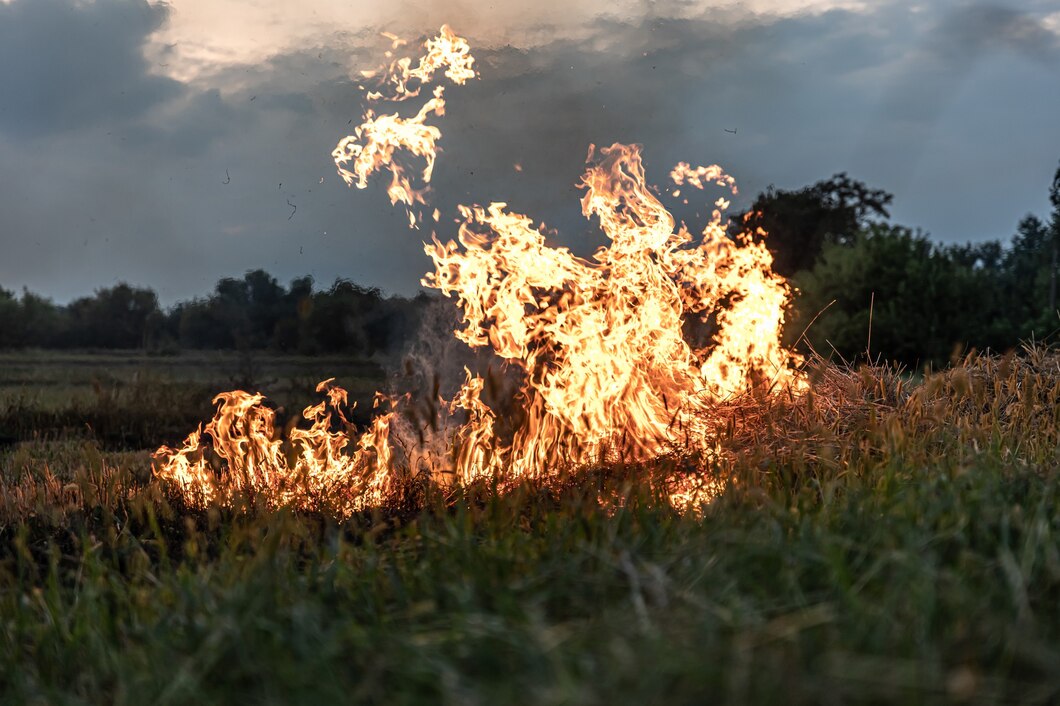As Botswana faces the challenges of rising temperatures and extreme heat, the risk of wildfires and urban fires has significantly increased. These conditions not only threaten the environment but also pose serious risks to communities, wildlife, and economic stability. To combat these challenges, it is essential to explore effective fire prevention strategies tailored to Botswana’s unique climate. This article examines various approaches, including community education, advanced fire detection technologies, sustainable land management, and collaboration with local authorities to enhance fire response and prevention efforts.
Community Education and Engagement
One of the most crucial aspects of fire prevention is community education. Raising awareness about the dangers of wildfires and the importance of responsible land use can empower residents to take proactive measures. Initiatives could include workshops, community meetings, and educational campaigns that inform citizens about:
- Fire Safety Practices: Teaching residents how to create defensible space around their properties, manage vegetation, and handle fire hazards properly can significantly reduce the likelihood of fires spreading.
- Emergency Preparedness: Preparing communities for potential evacuations and emergency situations is vital. This involves educating residents on fire alerts, evacuation routes, and assembling emergency kits.
Advanced Fire Detection Technologies
Integrating advanced fire detection technologies into Botswana’s fire prevention strategies can help mitigate risks associated with rising temperatures. Some innovative solutions include:
- Early Detection Systems: Installing remote sensing technologies, such as satellite imagery and drones equipped with thermal cameras, can help identify fire outbreaks in their early stages. These systems enable rapid response and can prevent small fires from escalating into larger wildfires.
- Mobile Applications: Developing mobile apps that provide real-time information on fire hazards, weather conditions, and alerts can enhance community awareness and readiness. These tools can facilitate communication between residents and local authorities, ensuring a swift response to fire incidents.
Sustainable Land Management
Sustainable land management practices are essential in reducing fire risks and enhancing the resilience of ecosystems. Strategies may include:
- Controlled Burns: Implementing controlled burns can help reduce the buildup of dry vegetation and debris, which are significant contributors to wildfires. These burns, conducted under controlled conditions, can promote healthier ecosystems while minimizing fire risks.
- Land Use Planning: Incorporating fire risk assessments into land-use planning can help communities make informed decisions about where to build and how to manage vegetation around residential areas. This approach reduces the chances of fires spreading into urban environments.
Collaboration with Local Authorities
Effective fire prevention requires collaboration between various stakeholders, including local authorities, government agencies, and community organizations. Key areas of focus include:
- Inter-Agency Cooperation: Establishing partnerships between fire services, environmental agencies, and community groups can lead to more comprehensive fire management strategies. This collaboration can facilitate resource sharing, joint training programs, and coordinated response efforts.
- Policy Development: Advocating for policies that prioritize fire prevention and resource allocation is crucial. Local governments can implement regulations that enforce safe land management practices and enhance funding for fire prevention initiatives.
As Botswana continues to face rising temperatures and the associated risks of wildfires and urban fires, proactive measures are essential for safeguarding communities and the environment. By emphasizing community education, integrating advanced fire detection technologies, promoting sustainable land management practices, and fostering collaboration with local authorities, Botswana can enhance its fire prevention strategies. Addressing the challenges posed by extreme heat requires a collective effort, leveraging both traditional knowledge and modern technology to build a more resilient future for all.










